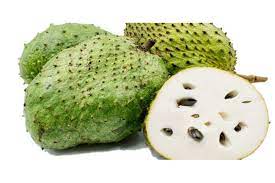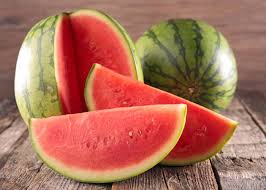In an era where health trends come and go, one enduring and scientifically supported dietary approach stands out: the plant-based lifestyle. Beyond being a mere dietary choice, it’s a holistic philosophy that celebrates the abundance of nature while offering a plethora of benefits for our bodies and the planet. In this illuminating exploration, we embark on a journey through the nutritional marvels of a plant-based lifestyle and unveil how it can pave the way to a healthier, more vibrant you.
The Plant-Powered Revolution: A Nutritional Paradigm Shift
With a landscape of whole foods at its core, the plant-based lifestyle centers around vegetables, fruits, grains, legumes, nuts, and seeds. This dietary approach beautifully aligns with the principles of balanced and nutrient-dense eating, offering a remarkable array of vitamins, minerals, antioxidants, and fiber.
Thriving on Plants: Nutritional Highlights
1. Plant Protein Power:
Contrary to the myth that plant-based diets lack protein, they provide an ample supply through sources like beans, lentils, quinoa, and tofu. These proteins often come bundled with fiber, offering a heart-healthy duo that supports weight management and blood sugar control.
2. Fiber Finesse:
Fiber, the unsung hero of digestive health, is abundantly found in plant-based foods. This complex carbohydrate not only promotes gut health but also fosters a feeling of fullness, assisting in weight management.
3. Vitamins and Minerals Galore:
Colorful vegetables and fruits are nutrient powerhouses, providing an array of vitamins (like vitamin C, A, and folate) and minerals (such as potassium, magnesium, and calcium) that play vital roles in immune function, bone health, and overall vitality.
4. Heart-Healthy Fats:
Nuts, seeds, avocados, and olive oil furnish heart-healthy fats that contribute to lower cholesterol levels and reduced risk of heart disease.
5. Antioxidant Orchestra:
Plant-based foods are teeming with antioxidants, which combat oxidative stress, inflammation, and cell damage. These compounds are linked to a lower risk of chronic diseases and may even slow down the aging process.
Beyond Nutrition: The Wider Impact
The appeal of a plant-based lifestyle extends beyond individual health to environmental sustainability. Research suggests that adopting plant-based eating can reduce carbon footprint, conserve water, and alleviate the strain on natural resources, making it a choice that harmonizes personal wellness with global well-being.
Navigating the Transition: Practical Tips
1. Start Small:
Begin by incorporating more plant-based meals into your weekly routine, gradually replacing animal products.
2. Explore Variety:
Dive into the rich tapestry of plant-based foods, experimenting with different flavors, cuisines, and cooking methods.
3. Seek Expert Guidance:
Consulting a registered dietitian can ensure you meet your nutritional needs during the transition.
Embrace the Verdant Journey
A plant-based lifestyle is a celebration of food in its most natural form—an ode to health, vitality, and environmental responsibility. As you embark on this journey, you’re not just embracing a diet; you’re becoming a steward of your well-being and the planet’s future. So, let the colors of the earth fill your plate, and let the nourishment of nature fuel your path to vibrant health and wellness.































